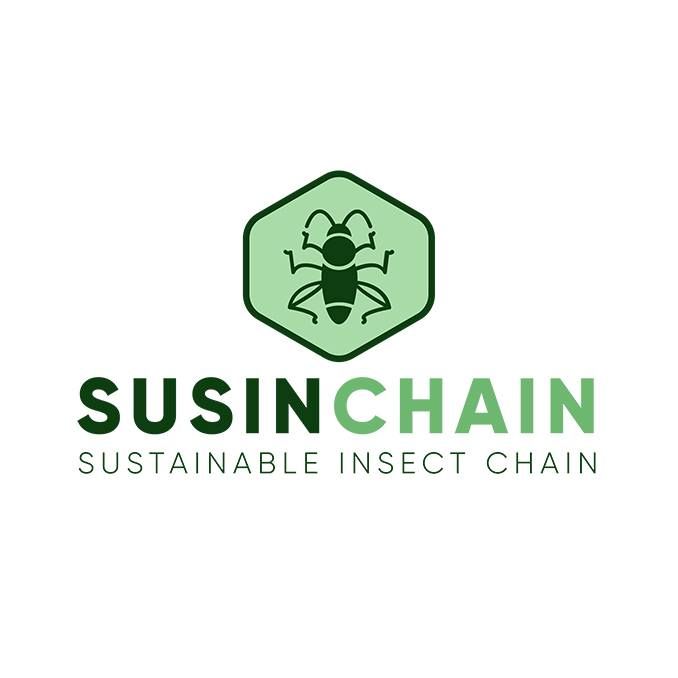Project Reference
10.3030/861976
Start / End
01/10/2020 (36 months)
Status
Closed
Funding Programme
Horizon Europe
Funding (Total)
7 952 547,16 €
Leading Partner
STICHTING WAGENINGEN RESEARCH Netherlands
Consortium
UNIVERSIDADE CATOLICA PORTUGUESA (ARF) Portugal - € 200 383,75
Abstract
The expected global population growth to 9.1 billion people in 2050 and the significant change of global dietary patterns require increasing world-wide food production by about 60%. The protein supply for feed and food is most critical, and requires a transition in protein sources. Edible insects can upgrade low-grade side streams of food production into high-quality protein, amino acids and vitamins in a very efficient way. Insects are thus considered to be the “missing link” in the food system of a circular and sustainable economy. Insects and insect-derived products have entered the European market since first being acknowledged as a valuable protein source for feed and food production at around 2010. However, scaling up the insect value chain in Europe is progressing at a relative slow pace. The aim of this project is to contribute to novel protein provision for feed and food in Europe by overcoming the remaining barriers for increasing the economic viability of the insect value chain and opening markets by combining forces in a comprehensive multi-actor consortium. The overall project objective is to test, pilot and demonstrate recently developed technologies, products and processes, to realise a shift up to Technology Readiness Level 6 or higher. The project focuses on these crucial activities, as well as living labs and workshops with stakeholders in the insect protein supply chain for feed and food. These actions provide the necessary knowledge and data for actors in the insect value chain to decrease the cost price of insect products, process insects more efficiently and market insect protein applications in animal feed and regular human diets that are safe and sustainable. This will pave the way for further upscaling and commercialisation of the European insect sector, resulting in a replacement of animal protein by insect protein of 10% in animal feed and of 20% in human diets, and a thousand fold increase in both production volumes and jobs in 2025.
DOI
10.3030/861976


